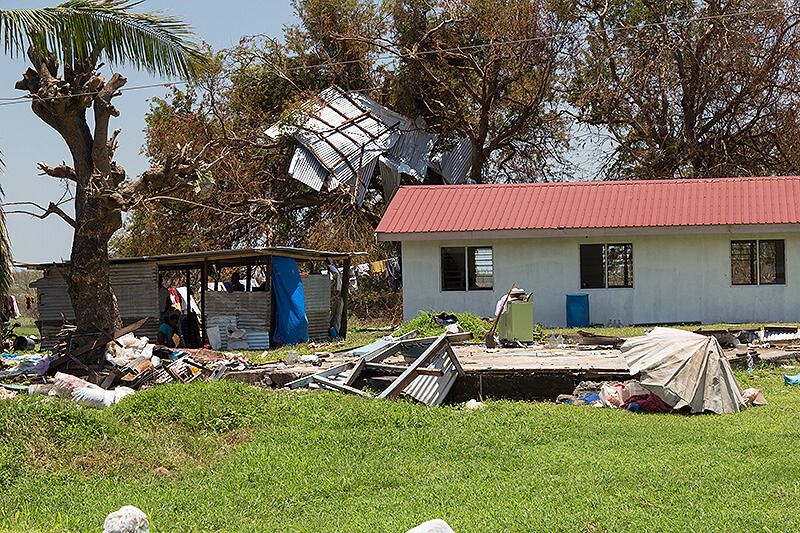The Pacific Islands are geographically isolated. Their infrastructure is heavily affected by heavy rainfall, flooding, and natural disasters. Under such complex geographic and environmental conditions, disaster response operations are significantly challenging.
HELP Logistics, in collaboration with the Logistics Cluster Pacific Multi-Country Office, the World Food Programme and the USAID Bureau for Huamnitarian Assistance, delievered its Humanitarian Logistics Management training to 40 practitioners from over 23 international and national humanitarian organisations, government ministries, national disaster management agencies, and local aid agencies across the Pacific Islands.
The five-day training was conducted in Suva, Fiji, from the 8th to 12th of August, and was formally opened by the U.S. Embassy Suva Acting Deputy Chief of Mission, Rebecca Owens and the Minister for Rural and Maritime Development and Disaster Management Hon. Inia Seruiratu.
In her opening remarks, A/DCM Owens emphasised the importance of this training for bolstering the preparedness and capacity of national disaster management organisations to rapidly respond to natural disasters and other climate-related incidents.
The training covered key topics in humanitarian logistics and disaster management, including coordination and collaboration between partner organisations, addressing warehousing and inventory challenges, and managing stakeholder expectations. The sessions were delivered by a team of expert facilitators from HELP Logistics, WFP, Save The Children, DHL, The International Federation of the Red Cross and Red Crescent (IFRC) and various regional national disaster management agencies.
The interactive training consisted of classroom sessions, group-discussions, case study work and an emergency response simulation exercises developed in-house by HELP Logistics - The High-Energy Biscuit (HEB).
Commenting on the training, Mr. Andrea Cecchi, Head of Logistics at WFP and Pacific Logistics Cluster Coordinator, highlighted the importance of such intensive and specific joint training efforts: “This training supports the strengthening of the operational capacities of humanitarian professionals and helps improve the efficiency of our emergency response operations in the long-term. Such comprehensive training programmes are an integral component of WFP's capacity building and preparedness activities and are essential to reducing critical gaps in the humanitarian response across the Pacific region.”
He added that The Logistics Cluster aims to mitigate the risks associated with disasters, through improving the local response capacities of humanitarian staff and government officials, ultimately reducing the need for international mobilisation.
HELP Logistics works hand-in-hand with humanitarian agencies to build humanitarian logistics capacities across the globe.The training material has been developed with leading global academic institutions and are updated frequently.
Joining Hands to Boost Prepardenss and Disaster Response in the Pacific Islands

HELP Logistics collaborates with The World Food Programme, Fiji and the Logistics Cluster Pacific Multi Country Office to boost the preparedness and capacity of national disaster management organisations in the Pacific Islands.